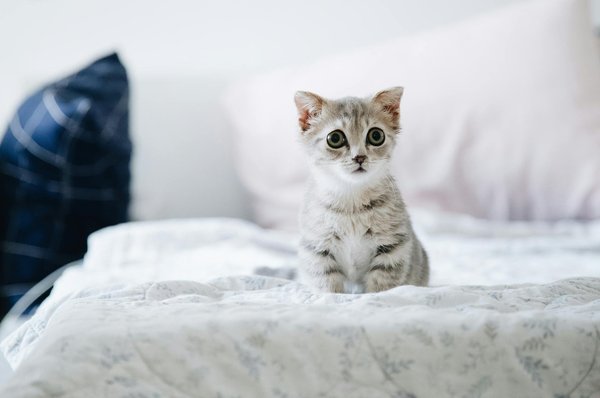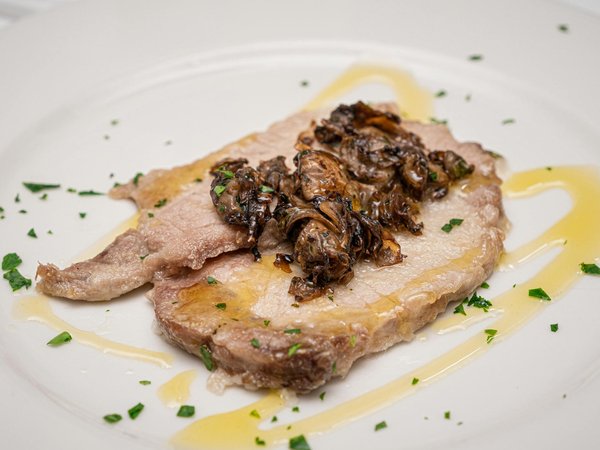📰 Thescifivine
Welcome to Thescifivine
Your source for Generalist (EN) insights. Explore our articles and guides.


Why Thescifivine?
A passionate team dedicated to Generalist (EN).
- Quality articles
- Practical guides
- Expert insights
- Daily updates
Latest articles
Our recent publications

What impact does the UK's automotive industry have on the national economy?
The UK automotive industry economic impact is substantial, directly and indirectly bolstering the nation's GDP. It contributes a significant share to the overall GDP, reflecting th...

Automotive
What is the impact of 5G on the UK automotive industry?

Automotive
What is the role of technology in enhancing UK automotive manufacturing efficiency?

Business
How can UK businesses capitalize on the growth of e-commerce?

Business
How can UK companies expand their global presence?

Business
What Factors Are Driving the Transformation of UK Businesses?

Cooking
How Can Modern Techniques Revolutionize Traditional UK Cooking?

Cooking
How Can the Rich History of UK Cooking Influence Modern Culinary Trends?

Cooking
What are the secrets to preparing a delicious spotted dick pudding?

Finance & real estate
How is sustainability shaping UK real estate finance?

Health
How does Brexit impact healthcare services in the UK?

Health
What impact does Brexit have on the UK's healthcare system?

Health
What Role Does Nutrition Play in the UK's Public Health Strategy?

Home & living
How Can We Transform Small Spaces to Maximize Comfort in UK Homes?

Home & living
How Can You Transform Small Spaces into Cozy Retreats in Your Home?

Home & living
What Small Changes Can Instantly Improve Your Home Environment?

News
Discover luxury property for sale Chamonix BARNES

News
Learn spoken arabic with immersive online courses for all levels

News
Top korean novels to expand your literary horizons

Pets
How Can You Create the Perfect Home Environment for Pets in the UK?

Pets
How Can You Ensure Your UK Pet's Happiness During Seasonal Changes?

Pets
Why Should UK Pet Owners Consider Alternatives to Traditional Pet Food?

Sports
How Do Local Communities Benefit from UK Sports Events?

Sports
How is digital media transforming fan engagement in UK sports?

Sports
Why Are Physical Activities Gaining Popularity Across the UK?

Technology
How Can the Evolution of UK Technology Impact Future Generations?

Technology
How Will UK Technology Shape the Future of Our Cities?

Technology
What Are the Future Challenges Facing UK's Technology Sector?
Frequently Asked Questions
Are the articles free?
Yes, all our content is freely accessible.
How often do you publish?
We publish several articles each week.
Can I contribute?
Contact us to submit your articles.
How can I stay updated?
Subscribe to our newsletter.